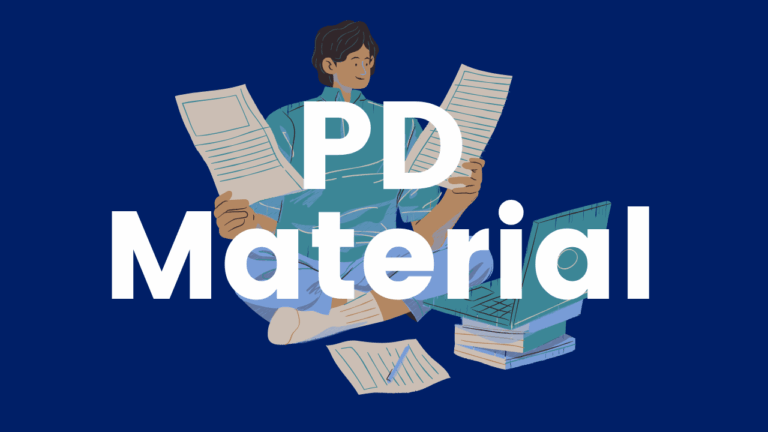Initial Considerations for Complexity and Cultural Relevance
This tool is intended to support educator analysis of anchor texts for both complexity and opportunities for culturally relevant pedagogy to determine whether/how to use a text and to prepare for instruction.






